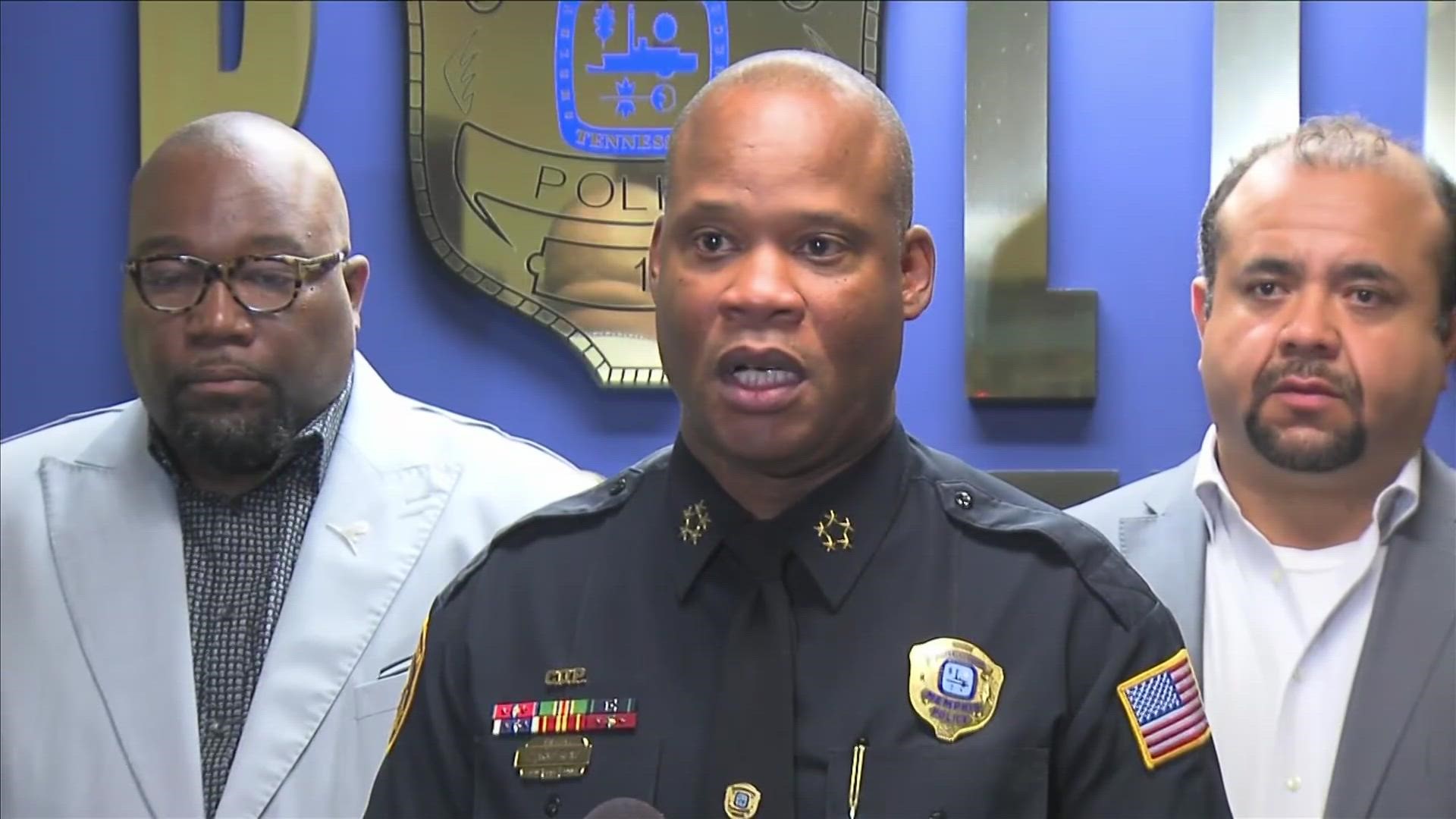MEMPHIS, Tenn. — For the first time since Tyre Nichols’ death, former Memphis Police director Toney Armstrong spoke publicly on the subject of police reform on Thursday.
It was during a panel held at the University of Memphis journalism department about the coverage surrounding Nichols and its wide-reaching impact.
“There is no excuse for what happened to Tyre Nichols,” he said. “I can’t explain it, I’m not going to try and explain it.”
Armstrong told the room full of U of M students that policing needs to evolve, but says that one has to clearly define what kind of police reform one is looking for before enacting any change.
During his 27 years with MPD, Armstrong said he worked under cover and investigated organized crime, similar to what the SCORPION Unit (that featured the five former MPD officers charged with Nichols’ murder) was created to do.
“Whomever (Police Chief C.J. Davis) empowered to be in charge of that unit let her down,” he said. “I’ve been in charge of units like that, I’ve served on units like that.”
Armstrong told those gathered that he believes the major factors that brought MPD to this point involve lowering the standard for officer recruitment and the lack of benefit packages to retain talent, leaving few veteran officers to promote from within and lead.
“You cannot turn five or six two-to-three year officers loose in the street and expect positive results,” he said.
It was in 2014 that Armstrong told Memphis City Council members that unless they started putting more money into the budget for recruiting, there would be trouble.
He remembers how hard it was to get approval for MPD’s body camera program, dashboard cameras and GPS devices in all squad cars.
“The first time that I went to council with that, they ran me out of the council,” he said. “They asked me, ‘How much does it cost?’ and I told them how much it cost and they said, ‘You have lost your mind.’”
He says it starts with being proactive and not waiting for another national tragedy.
“Something else bad had to happen before we took a serious look at (body cameras), and I’m going, ‘Why did it get to that,’” Armstrong said.
University of Memphis junior Serena Whittaker says she came away from the discussion with a better understanding of the complex issue.
“(Understanding the need to change police culture), it makes me reflect on that but I also feel like what they’re being taught has to be addressed,” Whittaker said. “You shouldn’t need a supervisor to tell you not to snatch a man out of his car and beat him brutally.”
When asked about the recent measures for police reform presented to the city council, Armstrong, said he is in favor of giving citizens the opportunity to say what they want policing to look like going forward.

